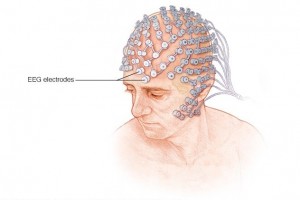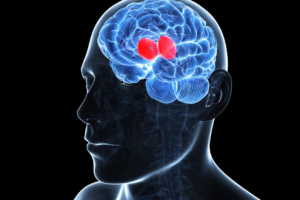Excess weight among pregnant women may interfere with child's developing brain
Led by researchers at NYU Grossman School of Medicine, the investigation linked high body mass index (BMI), an indicator of obesity, to changes in two brain areas, the prefrontal cortex and anterior insula.
Led by researchers at NYU Grossman School of Medicine, the investigation linked high body mass index (BMI), an indicator of obesity, to changes in two brain areas, the prefrontal cortex and anterior insula. These regions play a key role in decision-making and behavior, with disruptions having previously been linked to attention-deficit/hyperactivity disorder (ADHD), autism, and overeating.
In their new study, publishing online August 11 in the Journal of Child Psychology and Psychiatry, the investigators examined 197 groups of metabolically active nerve cells in the fetal brain. Using millions of computations, the study authors divided the groups into 16 meaningful subgroups based on over 19,000 possible connections between the groups of neurons. They found only two areas of the brain where their connections to each other were statistically strongly linked to the mother's BMI.
"Our findings affirm that a mother's obesity may play a role in fetal brain development, which might explain some of the cognitive and metabolic health concerns seen in children born to mothers with higher BMI," says Moriah Thomason, PhD, the Barakett Associate Professor in the Department of Child and Adolescent Psychiatry at NYU Langone Health.
Read more here





Related Posts